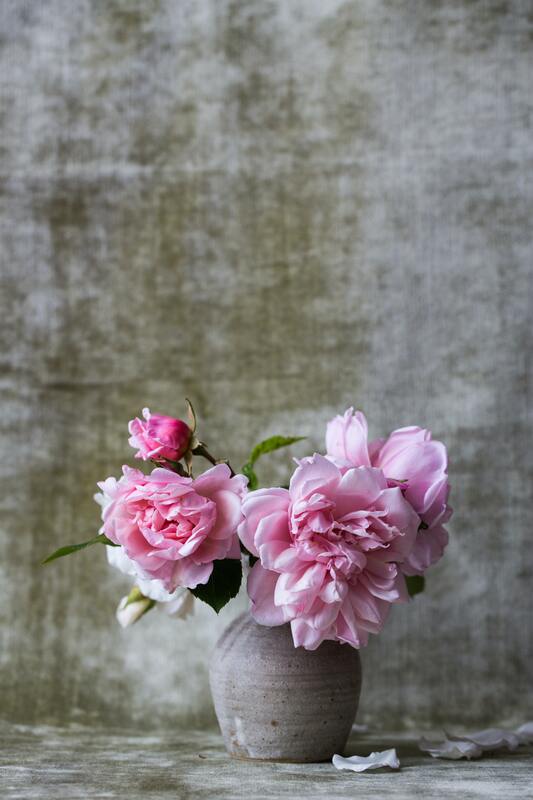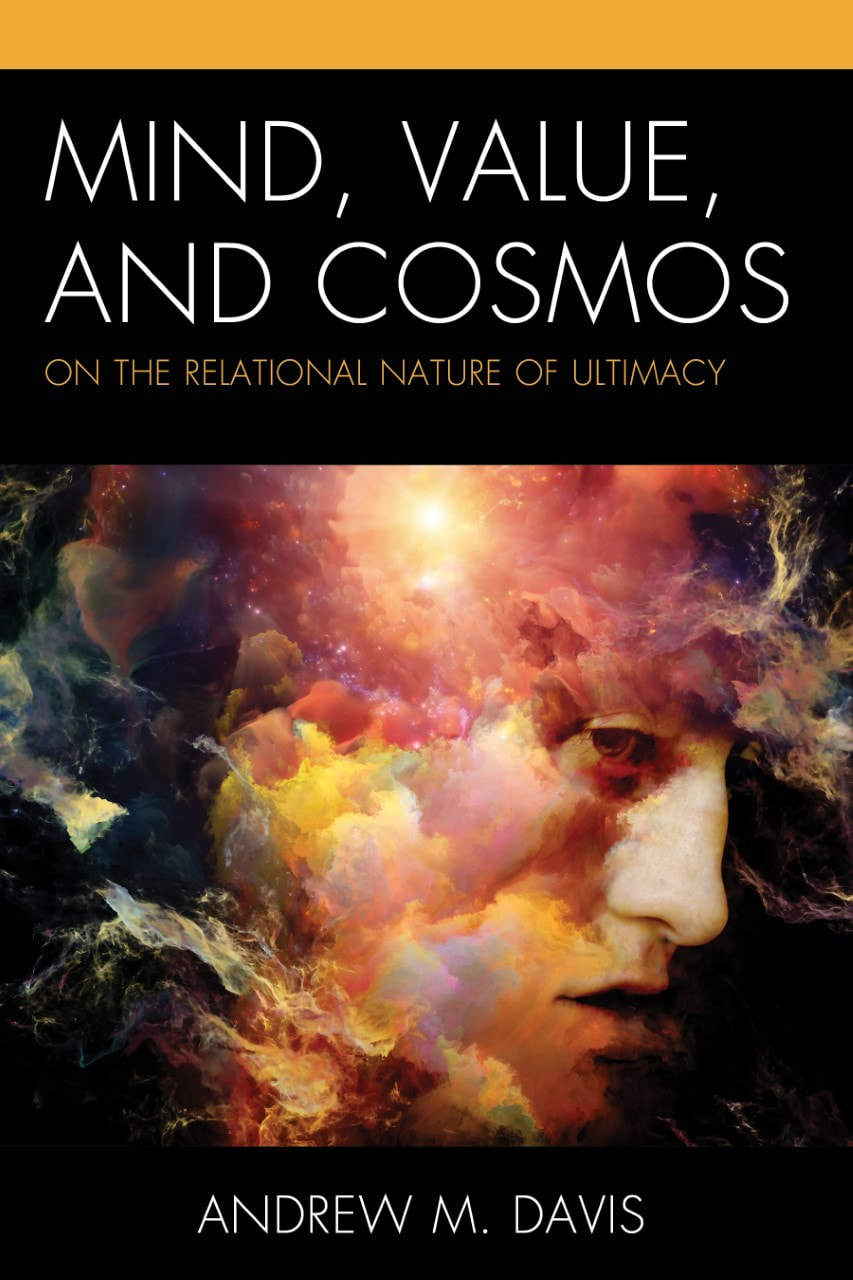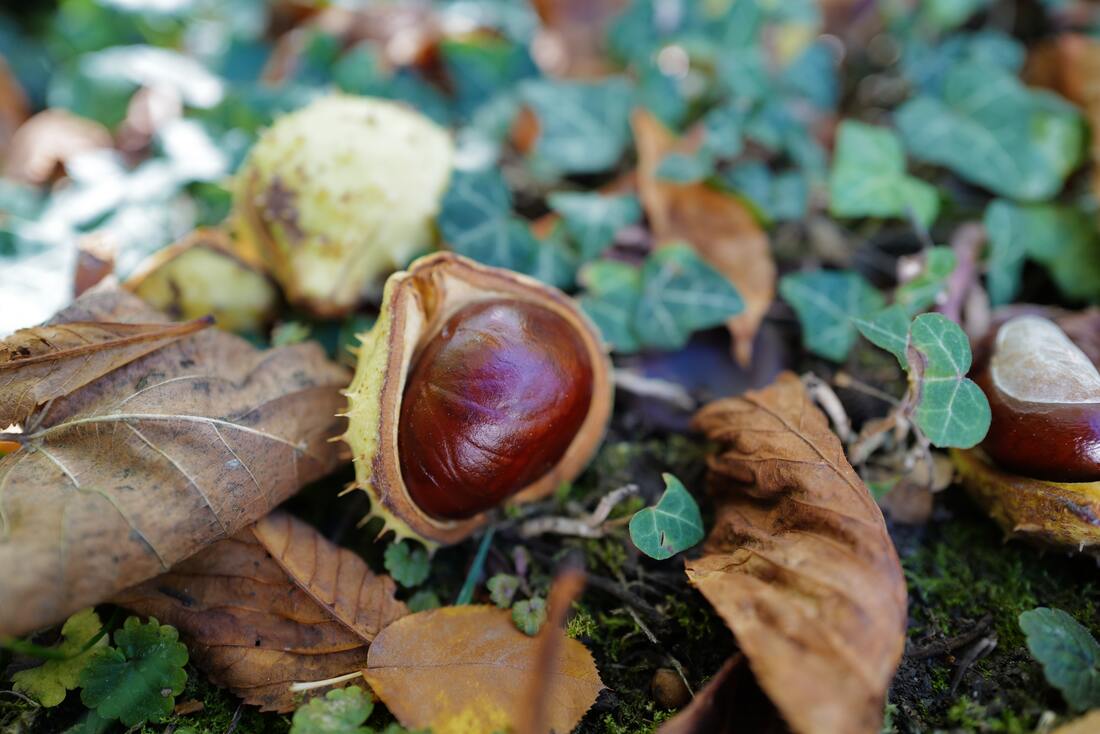A Flower Flowers
Openness to the Spontaneity of the Particular
Relationality is not enough. A gift of Chinese philosophy to the world is the Daoist emphasis on the spontaneity of each flower, each person, each mountain - as an ultimate reality.
There are, by this measure, a googolplex of ultimate realities, and counting. Even God, understood as an actual entity whose kindness includes the whole of things, is one among many ultimate realities. Specks of dust on window sills, colts frolicking in fields, and a cup of coffee on the kitchen table, are companions to God in the house of ultimacy. Wherever there is something concrete and specific, with its own subjective forms, flowering forth on its own tersm, there is something ultimate.
In this sense ultimate reality has nothing to do with abstractions in the mind or, for that matter, cosmic visions of an interconnected universe. Or even an underlying source to all things. Ultimacy is the particularity of what is particular: the self-becoming of this leaf, that frog, this tree, that child, this horse, that mountain, this God, as they present themselves to one another from out of their own internal spontaneity. It is not enough to say that they are interconnected. The ultimacy lies in the fact that they are this not that. Their ultimacy is their specificity, their thisness.
Yes, of course, they are connected to all other things. Yes, of course, the arise out of contexts. Yes, of course, they are parts of larger wholes and dependent on others. Relationality is ultimate, too.
But their self-becoming is also ultimate and irreducuble: their spontaneous self-presentation to the world. It is irreducible in that it (the self-becoming) cannot be explained by antecedent causes. It happens of its own accord as what Whitehead calls self-creativity. This self-becoming, this self-creativity, is not a thing but rather a happening, an event, an "occasion" to use Whitehead's words. The flower flowers.
This spontaneity is more than a creation of value. In Adventures of Ideas Whitehead speaks of it as the enjoyment of freedom and the freedom of enjoyment. It is the inner nature of eacah and every particularity as it is, whether constructive or destructive.
Without attention to the as-it-isness of each particular, talk of "relationality" easily lapses into an abstraction or, worse, a tendency to see particular things in the world as only parts of larger systems. Daoism in its way, and Whitehead in his way, remind us that no particular object in the world is only part of a larger system. It is what it is, expressing itself. It is what the Chinese call Zi Ran or spontaneous self-becoming. We humans are Zi Ran, too.
There are, by this measure, a googolplex of ultimate realities, and counting. Even God, understood as an actual entity whose kindness includes the whole of things, is one among many ultimate realities. Specks of dust on window sills, colts frolicking in fields, and a cup of coffee on the kitchen table, are companions to God in the house of ultimacy. Wherever there is something concrete and specific, with its own subjective forms, flowering forth on its own tersm, there is something ultimate.
In this sense ultimate reality has nothing to do with abstractions in the mind or, for that matter, cosmic visions of an interconnected universe. Or even an underlying source to all things. Ultimacy is the particularity of what is particular: the self-becoming of this leaf, that frog, this tree, that child, this horse, that mountain, this God, as they present themselves to one another from out of their own internal spontaneity. It is not enough to say that they are interconnected. The ultimacy lies in the fact that they are this not that. Their ultimacy is their specificity, their thisness.
Yes, of course, they are connected to all other things. Yes, of course, the arise out of contexts. Yes, of course, they are parts of larger wholes and dependent on others. Relationality is ultimate, too.
But their self-becoming is also ultimate and irreducuble: their spontaneous self-presentation to the world. It is irreducible in that it (the self-becoming) cannot be explained by antecedent causes. It happens of its own accord as what Whitehead calls self-creativity. This self-becoming, this self-creativity, is not a thing but rather a happening, an event, an "occasion" to use Whitehead's words. The flower flowers.
This spontaneity is more than a creation of value. In Adventures of Ideas Whitehead speaks of it as the enjoyment of freedom and the freedom of enjoyment. It is the inner nature of eacah and every particularity as it is, whether constructive or destructive.
Without attention to the as-it-isness of each particular, talk of "relationality" easily lapses into an abstraction or, worse, a tendency to see particular things in the world as only parts of larger systems. Daoism in its way, and Whitehead in his way, remind us that no particular object in the world is only part of a larger system. It is what it is, expressing itself. It is what the Chinese call Zi Ran or spontaneous self-becoming. We humans are Zi Ran, too.


